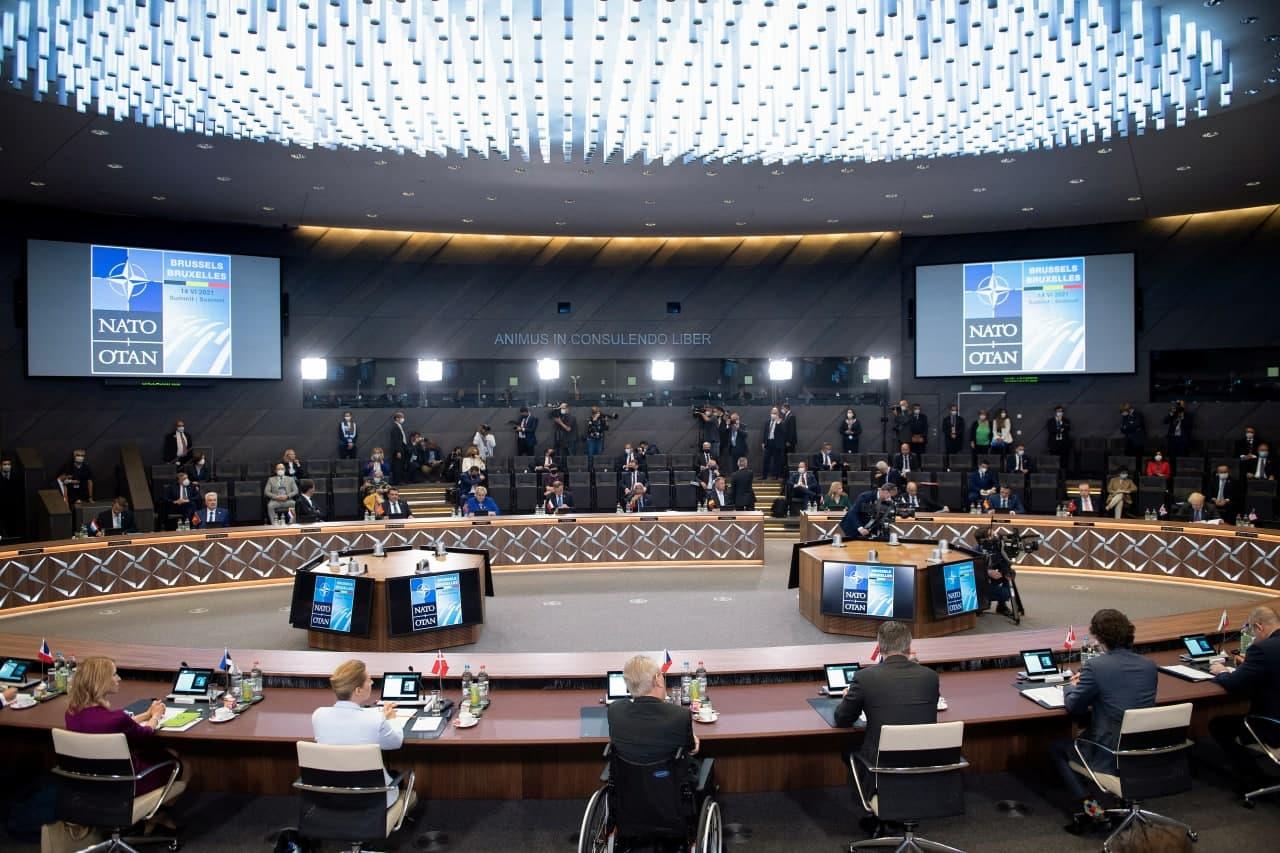BRUSSELS, June 14 (Reuters) - NATO leaders warned on Monday that China presents “systemic challenges,” taking a forceful stance towards Beijing in a communique at Joe Biden’s first summit with an alliance that Donald Trump openly disparaged.
The new U.S. president has urged his fellow NATO leaders to stand up to China's authoritarianism and growing military might, a change of focus for an alliance created to defend Europe from the Soviet Union during the Cold War.
The language in the summit's final communique, which will set the path for alliance policy, came a day after the Group of Seven (G7) rich nations issued a statement on human rights in China and Taiwan that Beijing said slandered its reputation.
"China's stated ambitions and assertive behaviour present systemic challenges to the rules-based international order and to areas relevant to alliance security," NATO leaders said in the communique.
Biden also told European allies that the alliance's mutual defence pact was a "sacred obligation" for the United States - a marked shift in tone from his predecessor, Trump, who had threatened to withdraw from the alliance and accused Europeans of contributing too little to their own defence.
"I want all Europe to know that the United States is there," said Biden. "NATO is critically important to us."
Biden stopped at the NATO headquarters' memorial to the Sept. 11, 2001, attacks on the United States by al Qaeda militants, when NATO triggered its Article 5 for the first and only time. Under the article, the alliance treats an attack on one member state as being an attack on all.
Later at a news conference, Biden, who will meet Russian President Vladimir Putin on Wednesday in Geneva, said China and Russia were trying to split the transatlantic alliance and that, while he was not seeking conflict with Russia, NATO would respond if Moscow "continued its harmful activities".
G7 nations meeting in Britain over the weekend scolded China over human rights in its Xinjiang region, called for Hong Kong to keep a high degree of autonomy and demanded a full investigation of the origins of the coronavirus in China.
